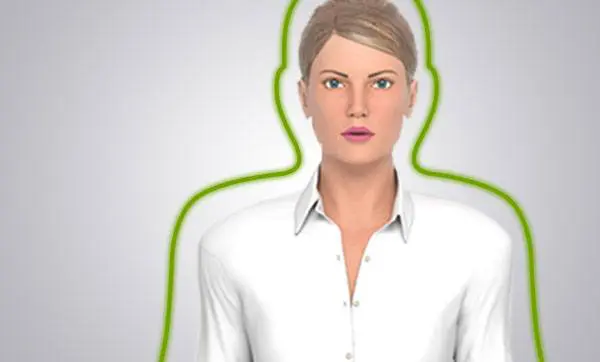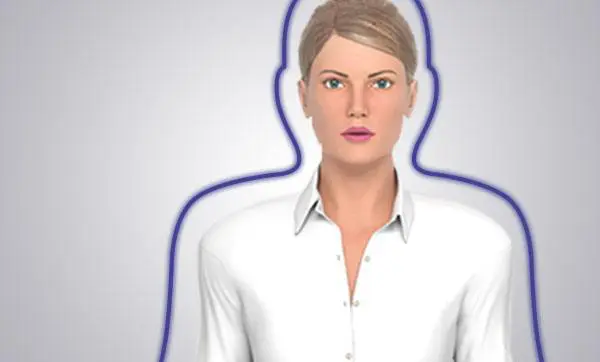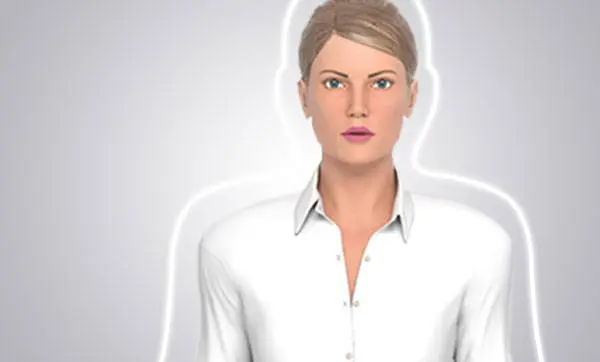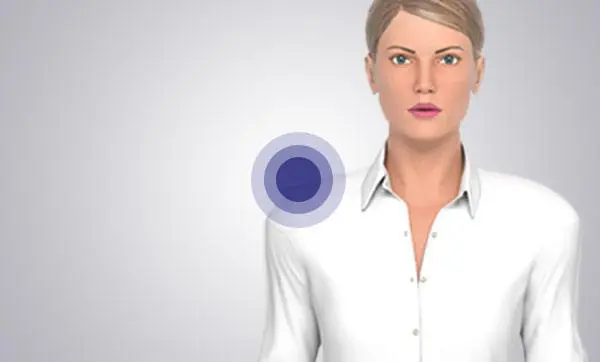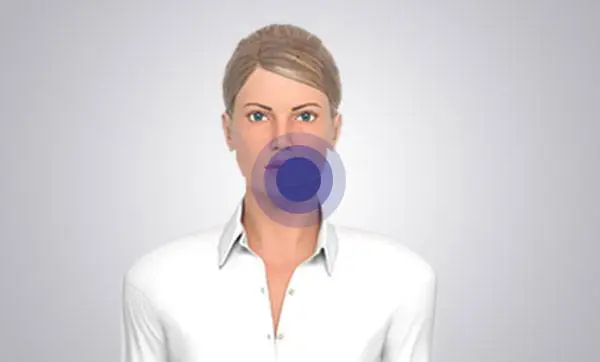Is all fatigue the same?
The severe exhaustion described by fatigue can be classified into different types. For example, fatigue can be separated into mental and physical fatigue i.e. whether somebody feels mentally exhausted and unable to concentrate and focus, or their muscles feel very weak and tired.
How does fatigue relate
to muscle disease?
Fatigue can occur in a number of different forms and have numerous causes. People with muscle diseases are subject to many types of fatigue, particularly muscle fatigue as a direct result of their condition.
Muscle fatigue is the feeling that a muscle is unable to produce as much force when it is used or unable to work for as long as it should. Weakness and fatigue of muscles is something that specialists will test for when examining a patient with suspected muscle disease. To see how weakness and fatigue could present in muscle diseases that affect the proximal muscles, investigate the symptoms of muscles diseases.
As well as muscle fatigue, muscle diseases can result in various other types of fatigue. For example, Becker muscular dystrophy and Pompe disease, can cause difficulty breathing at night; a problem caused by problems with breathing while lying down. This can result in somebody feeling lethargic, apathetic and even depressed, as well as causing sleep apnoea headaches.
What are the symptoms of fatigue? Some examples of how fatigue can affect people with muscle disease include:
- Sleepiness
- Always feeling exhausted
- Feeling weak
- Experiencing poor sleep
- Morning headaches
- Unable to perform repeated activities
Fatigue is a common and widespread symptom, with a broad range of causes. The chance of muscle disease underlying your fatigue is low as muscle diseases are classified as rare. However, you should raise any concerns you have with your doctor. It might help to monitor your symptoms and consider the best approach to a discussion with your doctor before your appointment.
SYMPTOM LIST
MUSCLE DISEASES
A broad set of diseases can affect the proximal muscles.
Read some examples and learn about how they relate.
Create your symptom report
Understanding your symptoms and how they might relate can be an important part of working towards a diagnosis with your doctor.
Take our questionnaire to find information that is relevant to you and create a tailored report that you can use to discuss your symptoms with your doctor.

